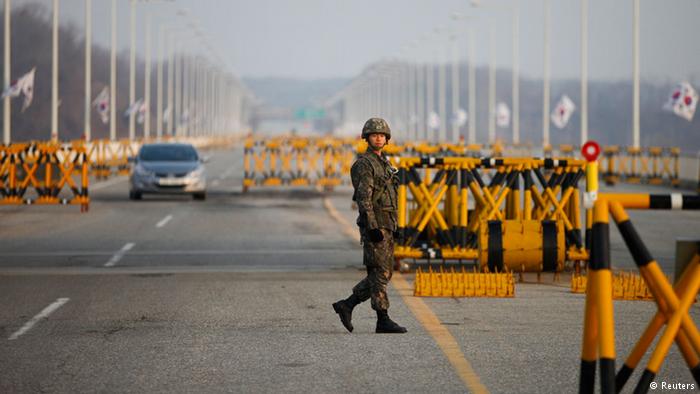The Trade War
Tension Between China and South Korea
April 6, 2017
Recently, major South Korean company Lotte allotted land within South Korea to to the United States. The land is being used in order to build a Terminal High Altitude Area Defense (THAAD), or an American anti-missile system against North Korea. China responded swiftly, saying that “the system will undermine its security and disrupt the regional strategic balance, by monitoring flights and missile launches in Chinese territory” (The Japan Times). In other words, they are suspicious that the US and South Korea will use the system’s radar in order to spy on China.
As quoted from The Economist, “China’s opposition to it is pointless — and highly destructive.” Essentially jump starting a trade war, China temporarily closed fifty five stores out of a hundred owned by Lotte, the 5th largest company in South Korea, and also the group that supplied land for the THAAD agreement. These 55 discount stores were closed, according to The Japan Times, on account of “safety violations”. The source also goes on to mention that China is threatening to close down the operation of other large South Korean companies, from Samsung to Hyundai.
But on a larger scale, individual and citizens themselves are protesting against South Korea. The Global Times, a newspaper in Beijing, has encouraged Chinese consumers to “become the main force in teaching Seoul a lesson.” It also said they should “make it hurt.” A patriotic song including the lyrics “Chinese sons and daughters must stand up; everybody, stop buying Lotte; make them get out of China fast” has been played over 3.5m times. South Korean artists are not getting approval for concerts, and a concert for the popular K-Pop group EXO has been canceled. In response to this rather drastic measure, Alice Ding (9) commented that
“they are really taking things too far” and that she “hopes a solution is agreed on soon.”
However, the Chinese government is being careful not to cross the boundary into a full-fledged war, since both countries are highly dependent on each other, Since 1992, the two have maintained a diplomatic relationship that have cultivated a strong network of connections. South Korea is China’s, fourth-largest trade partner, supplying key input materials, and is also the biggest source of tourists. Meanwhile, China makes up nearly a fourth of South Korea’s external trade, and half of the country’s foreign tourism. To completely cut off trade and tourism would be devastating to both countries’ economies.
Already South Korea is seeking peace, considering turning to the World Trade Organization as a mediator between the two countries. A council is reviewing whether or not China has violated their bilateral trade agreement, which has lead to the Chinese government limiting protests among their citizens. CNN sums it up, saying that “China’s leaders know that realizing their global leadership ambitions requires them to adhere to global norms and accept greater responsibility.” In other words, getting the WTO involved could mean trouble for the country, so they are doing their best to limit this potential for disaster.
Wrapping up, this current issue is a clear example of the fragile balance that many systems strike in order to function. THAAD has threatened this balance, and China’s passive response has created issues that resonate between the two countries involved. With luck, a logical compromise will be able to subdue the problem and restore the former relations between South Korea and China.





































